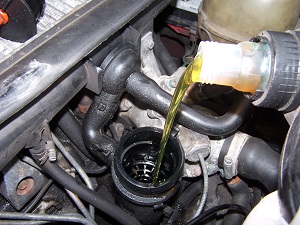What's Leaking From My Car?
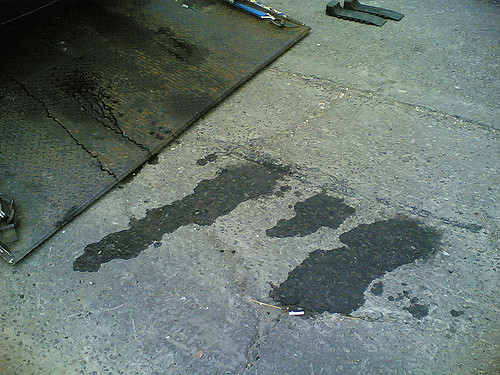 feeling. What could it be?
feeling. What could it be? A/C Problems Demystified
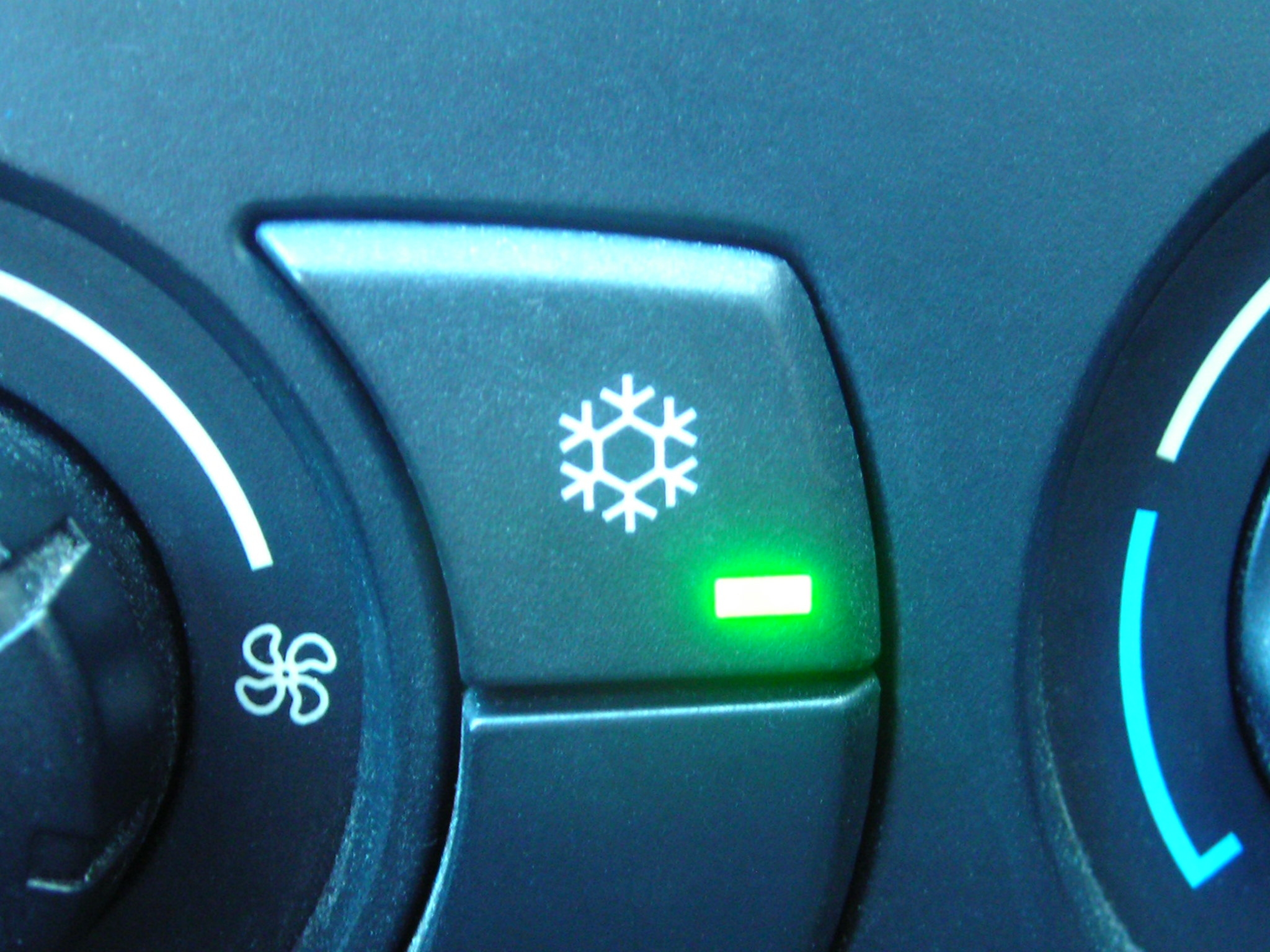
- Compressor
- Condenser
- Receiver/dryer
- Thermostatic expansion valve
- Evaporator
- Refrigerant
- Blower
Regular, Synthetic or Blend...What Kind of Oil Do I Need?
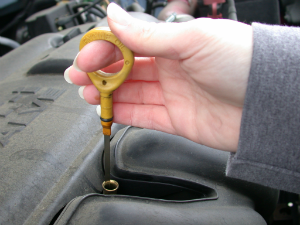 At one time, there were only a couple of choices for motor oil. Today, that is no longer the case, and hasn't been for quite some time. Here's a quick breakdown of what you need to consider when it's time for an oil change:
At one time, there were only a couple of choices for motor oil. Today, that is no longer the case, and hasn't been for quite some time. Here's a quick breakdown of what you need to consider when it's time for an oil change:
- Viscosity: Viscosity is how thick your oil is, and how it retains its pour properties at various temperatures. In this respect, synthetic oil is far superior. Conventional oils will thicken in cold weather and thin out when very hot, while the viscosity of synthetic is much more uniform. Check your owner's manual -- many newer models require a thinner, lower-viscosity oil, which also helps the engine run more efficiently. Viscosity is expressed as a numerical value -- the lower the number, the thinner the oil. Many are designed to work a ...[more]
Questions You Shouldn’t Be Afraid to Ask Your Auto Repair Tech
Often, drivers are mystified by how their cars actually work. It’s to be expected. Even an older car is a complex machine with many sub-assemblies that all work together to move it down the road.
As a result, drivers tend to be a little intimidated by auto repair and often tend to not inform themselves by asking the necessary questions of a tech or a garage. Too often, that ends up being a big mistake. Here are some examples of the kinds of things you really should know before any auto repair work starts:
- Does your shop work on any kind of vehicle? Of course, most shops can service a product from GM, Ford, Chrysler, Nissan, Toyota and the other leading makes. Some makes, however, require a lot more training and experience, o ...[more]
Differential Service: Too Often Neglected by Drivers
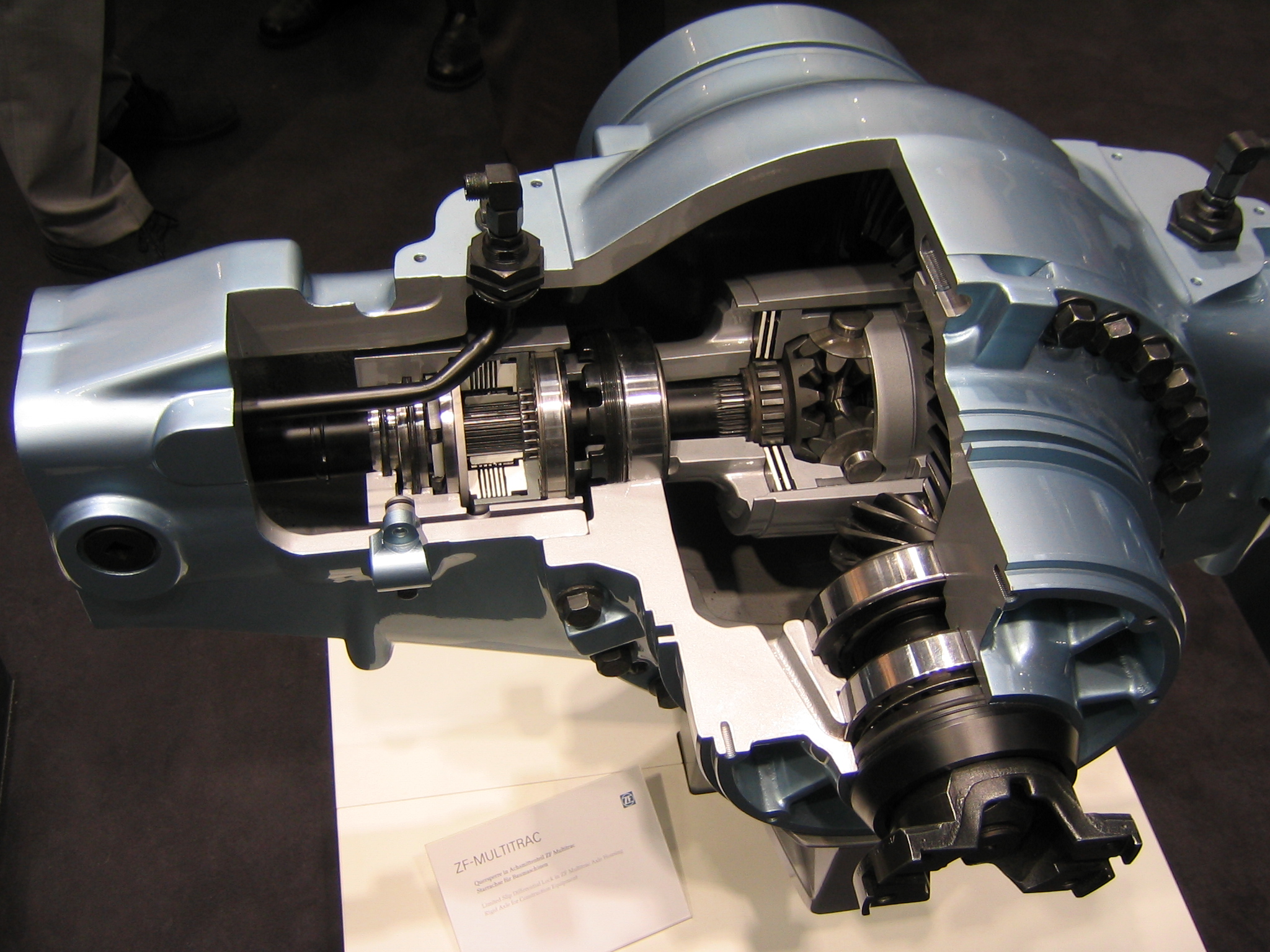
The Holidays Are Coming – Is Your Vehicle Ready?

Winter is Coming

How To Update Your Auto Repair Routine
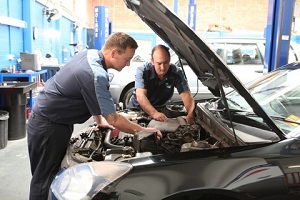
Mark Auto Repair off Your Back-To-School To-Do List

Benefits You Didn’t Know About Oil Changes
Automotive technology has come a long way since the mid-20th century, and so has motor oil. A 1940s-era car didn’t feature an oil pump or oil filter. Instead, they relied on dippers on the crankshaft’s counterweights, which would then sling oil to coat crucial moving parts. Motor oils in those days weren’t designed with detergents and other additives to help keep the engine clean; even with frequent oil change intervals, many cars would be in need of an engine overhaul by the time they reached 80,000 miles.
Today’s motor oil formulations incorporate additives to suspend contaminants in the oil so they can easily be trapped by the oil filter. Here are a few other facts about motor oil you may not have known:
...[more]
| << Previous | 123 | Next >> |


